Echinacea Purpurea Leaf
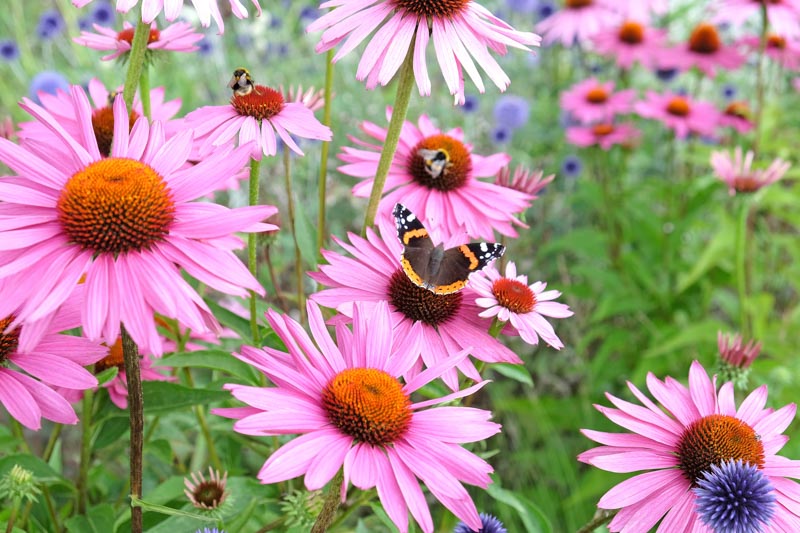
1. Size:
- Echinacea Purpurea leaves are medium to large, typically ranging from 3 to 6 inches in length.
- The leaves are lance-shaped, with a broad base that tapers to a pointed tip.
2. Color:
- The leaves are green with a slightly hairy or rough texture.
- The upper surface is a deeper green, while the underside may appear lighter and more textured.
3. Texture:
- The leaves of Echinacea Purpurea are rough and slightly hairy, with a prominent central vein.
- The surface is generally coarse, contributing to the herb’s distinctive texture.
4. Fragrance:
- Echinacea Purpurea leaves have a subtle, earthy aroma with hints of herbal and floral notes.
- The scent is mild but distinctive, often described as refreshing and natural.
5. Uses:
- Echinacea Purpurea is renowned for its ability to boost the immune system. It is commonly used to help prevent and treat colds and respiratory infections.
- The herb is known for its anti-inflammatory properties, which can help reduce inflammation and support overall health.
- Echinacea is traditionally used in topical applications to support wound healing and reduce the risk of infection.
- The herb contains antioxidants that help protect cells from oxidative stress and support overall wellness.
6. Habitat:
- Echinacea Purpurea is native to North America, particularly the central and eastern regions. It grows in prairies, open woodlands, and along roadsides.
- The plant thrives in well-drained soil and prefers full sun to partial shade.
7. Cultural Significance:
- Echinacea has been used by Native American tribes for centuries to treat a variety of ailments, including infections, wounds, and respiratory issues.
- The herb is highly regarded in traditional medicine for its healing properties and has been widely adopted in contemporary herbal practices.
Spiritual Properties
- Healing and Protection: Echinacea Purpurea is often used in spiritual practices for its protective and healing properties. It is believed to safeguard against negative energies and support physical and emotional healing.
- Restoration and Renewal: The herb is associated with restoration and renewal, helping to promote balance and rejuvenation in both body and spirit.
- Strength and Vitality: Echinacea is used in rituals to enhance strength and vitality, supporting overall well-being and resilience.
Medicinal Properties
- Immune System Support: Echinacea Purpurea is well-known for its immune-boosting effects. It stimulates the body’s natural defense mechanisms, helping to fight off infections and reduce the duration of colds.
- Anti-inflammatory: The herb contains compounds that help reduce inflammation, making it beneficial for conditions such as arthritis and other inflammatory disorders.
- Antioxidant Protection: Echinacea provides antioxidant benefits, protecting cells from damage caused by free radicals and supporting overall health.
- Wound Healing: The herb is used topically to support the healing of wounds and cuts, reducing the risk of infection and promoting faster recovery.
Adverse Actions & Side Effects
- Allergic Reactions: Some individuals may experience allergic reactions to Echinacea, particularly if they are sensitive to plants in the Asteraceae family.
- Interaction with Medications: Echinacea may interact with certain medications, including immunosuppressants and blood thinners. It is important to consult with a healthcare provider before using it alongside other treatments.
Side Effects:
- Digestive Issues: Some users may experience mild digestive issues such as nausea, upset stomach, or diarrhea.
- Skin Reactions: In rare cases, Echinacea may cause skin reactions, including rash or itching, especially with topical use.
- Headaches: High doses of Echinacea can occasionally lead to headaches or dizziness in some individuals.
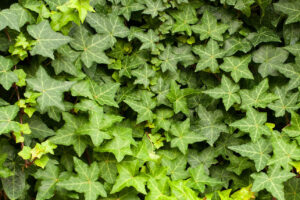
Ivy
Ivy Ivy (Hedera helix), also known as English Ivy, is a common evergreen climbing plant known for its distinctive lobed leaves and ability to cover
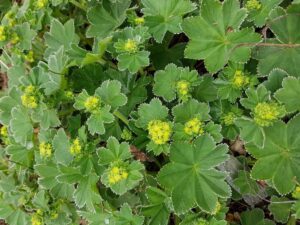
Lady’s Mantle
Lady's Mantle Lady's Mantle is a perennial herb known for its fan-shaped, serrated leaves and small yellow-green flowers. It has been traditionally used in herbal
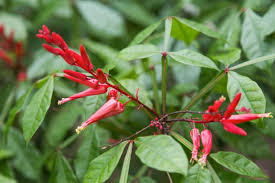
Quassia
Quassia Quassia is a tropical shrub or small tree, scientifically known as Quassia amara, commonly found in the rainforests of Central and South America. It
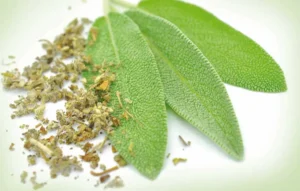
Sage Leaf
SageLeaf Sage Leaf comes from the Salvia officinalis plant, which is part of the mint family. The leaves are known for their aromatic properties and
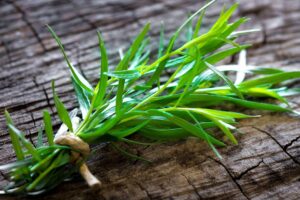
Tarragon
Tarragon Safflower (Carthamus tinctorius) is a highly branched, herbaceous plant known for its vibrant yellow, orange, or red flowers. It has been cultivated for centuries
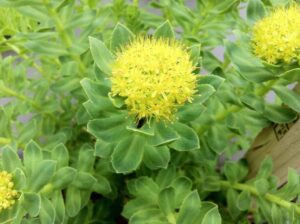
North American Rhodiola Root
North American Rhodiola Root Rhodiola (Rhodiola rosea), commonly known as Golden Root or Arctic Root, is a resilient herb that thrives in the cold, mountainous